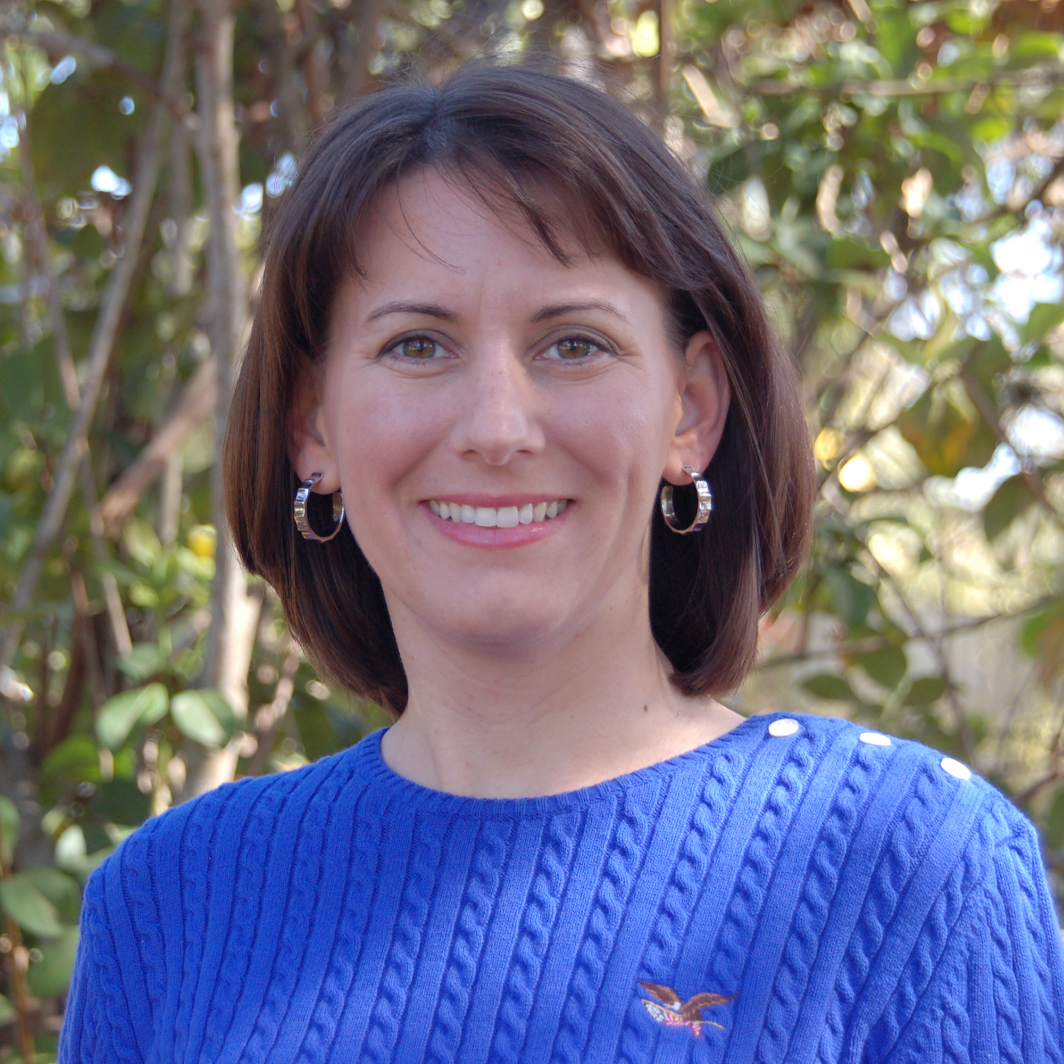Interview with Becky Wanca of Speech Therapy Ideas

Becky Wanca has over 20 years of experience working in pediatrics with an emphasis on articulation and language disorders. Through her private practice, she has treated children in clinical settings, as well in their homes, daycares, and schools. Becky graduated with her Bachelor of Science (B.S.) and Master of Science (M.S.) degrees in Speech-language Pathology from Florida State University and completed her Clinical Fellowship at Children’s Communication Center in Tallahassee. Becky is married and the proud mother of twin boys. She resides in Knoxville, Tennessee.
Note: You should consult with your doctor or speech pathologist for recommendations on treatment. The views and opinions expressed in this article are those of Becky Wanca and do not necessarily reflect the official policy or position of SpeechPathologyMastersPrograms.com
What inspired you to start Speech Therapy Ideas
I was a busy, stressed SLP that was running around to four different schools in my “therapy mobile” when it all caught up with me. My visit to the cardiologist ended with him insisting that I reduce my stress. How was I going to do that? Well, after some reflection I knew it would certainly help to have everything for my therapy sessions planned, organized, and easy to access. At the time, however, most therapy materials were photocopied pages out of books or outdated picture cards. Putting your hands on the exact thing you needed was a time-consuming and energy-zapping task. There was no search feature or drop down menu for a bookshelf full of pages. Online ideas were geared toward teachers and had to be adapted and recreated, which I often did, but something needed to change.
Luckily for me, I had two things that made it possible. My husband was a web developer, and I had a computer full of materials I had already created. Together, we developed a website where I could put my materials and actually be able to find exactly what I was looking for. I could search for and print out everything I needed in mere minutes! It was a lifesaver!
So, I told other SLPs about it, and they were like “Where do I sign up?!” And that was the start of Speech Therapy Ideas.
What do you hope your readers get from your resources?
My goal is to help SLPs walk into their therapy sessions prepared and confident without having to spend a lot of their precious time trying to find resources. I want them to experience less stress and have more time to spend on what they really want to be doing.
What are the most important things to consider when creating effective speech-language pathology materials?
I aim to create materials that my members will use often and can use with a variety of students. I also make sure that I create timeless “go to” materials, such as articulation picture cards, as well as seasonal and themed items to mix in throughout the year.
What are the challenges or constraints that some SLPs face when trying to create materials of their own?
I think finding the time to create your own materials is one of the biggest challenges. Most SLPs I know are already really busy. It’s hard enough to plan therapy sessions and prep the needed materials, let alone create them. Another potential challenge is finding images to use. There are digital clipart images that can be purchased to make materials, but the terms of use can be confusing or very limiting. It’s definitely something to be careful of. I create all of my own images to avoid any copyright issues.
You have worked in a variety of settings as an SLP- which is your favorite and why?
I have worked in a variety of pediatric settings, including clinics, homes, and schools. All of them have benefits and challenges. If I have to pick a favorite, it would probably be the outpatient clinic. There is a lot to be said for being able to work one-on-one with clients and communicate directly with their caregivers. Another great opportunity I had at a clinic was being able to work with pediatric OTs and PTs. Collaborating with them helped me see broader than the child’s speech and language disorder and allowed us to use strategies from each of the other disciplines in our own sessions.
What is your advice for SLP graduate students?
Wow. What a question. I would say to take advantage of any hands-on experiences that you can and observe SLPs out in the community. I think that really helps solidify what you are learning in class and gives you a better idea of what to expect when you graduate. Don’t just check off the experiences to get your ASHA required hours. Take notes, ask questions, and seek out answers.

